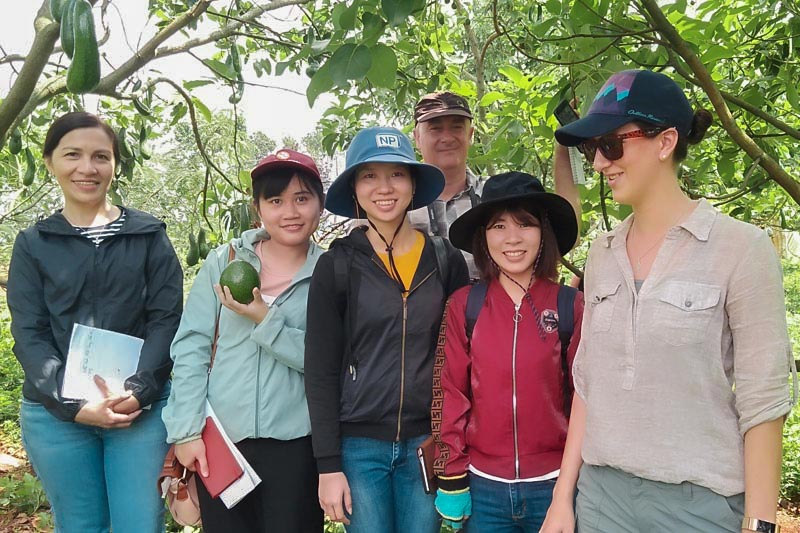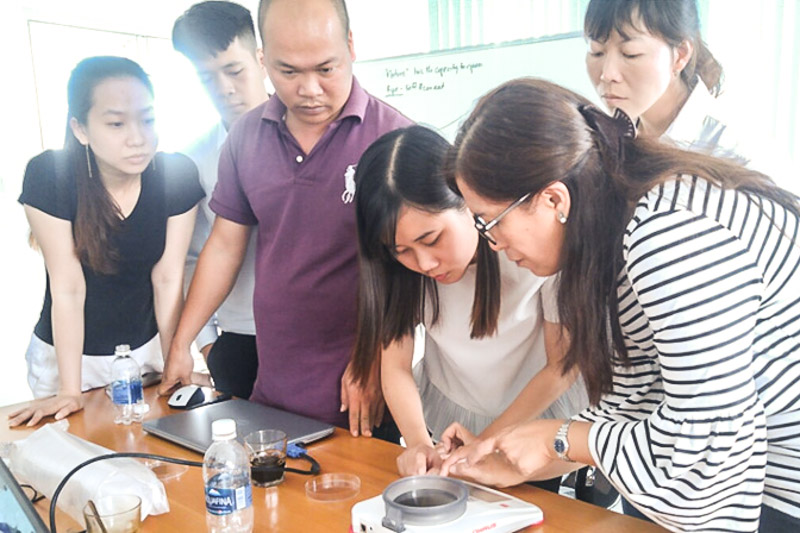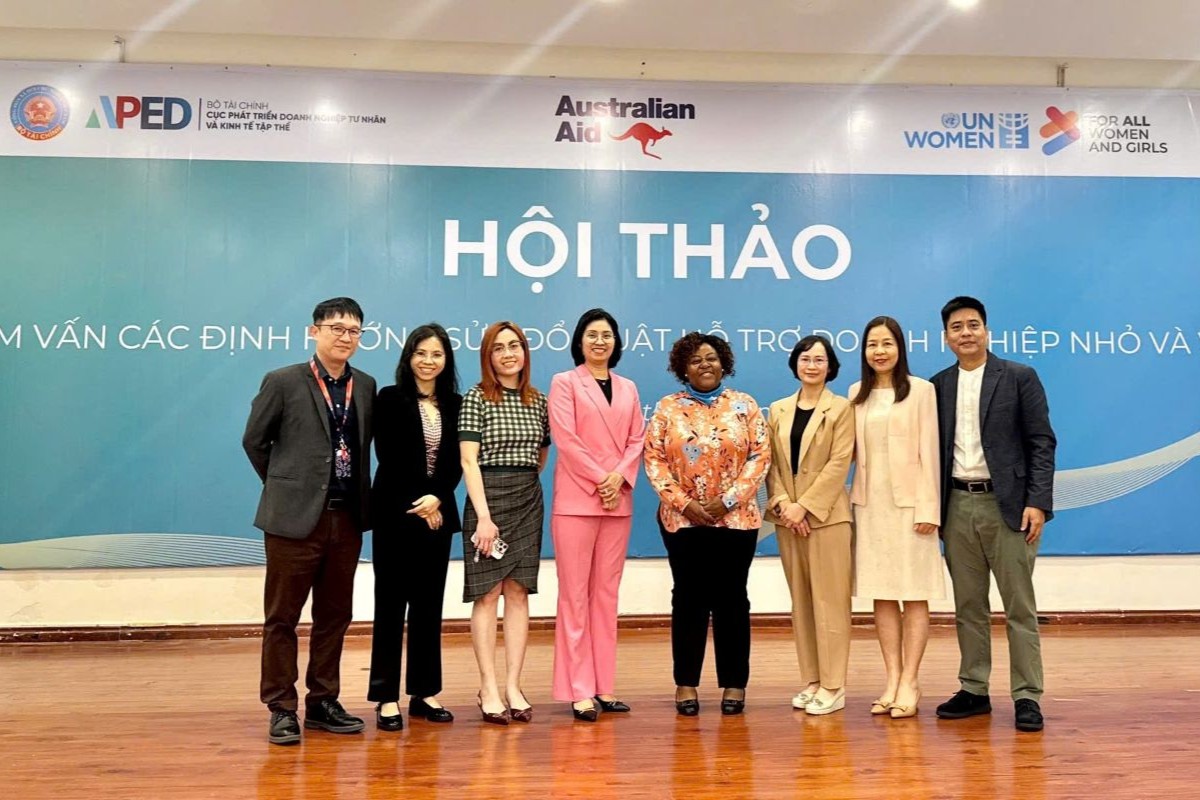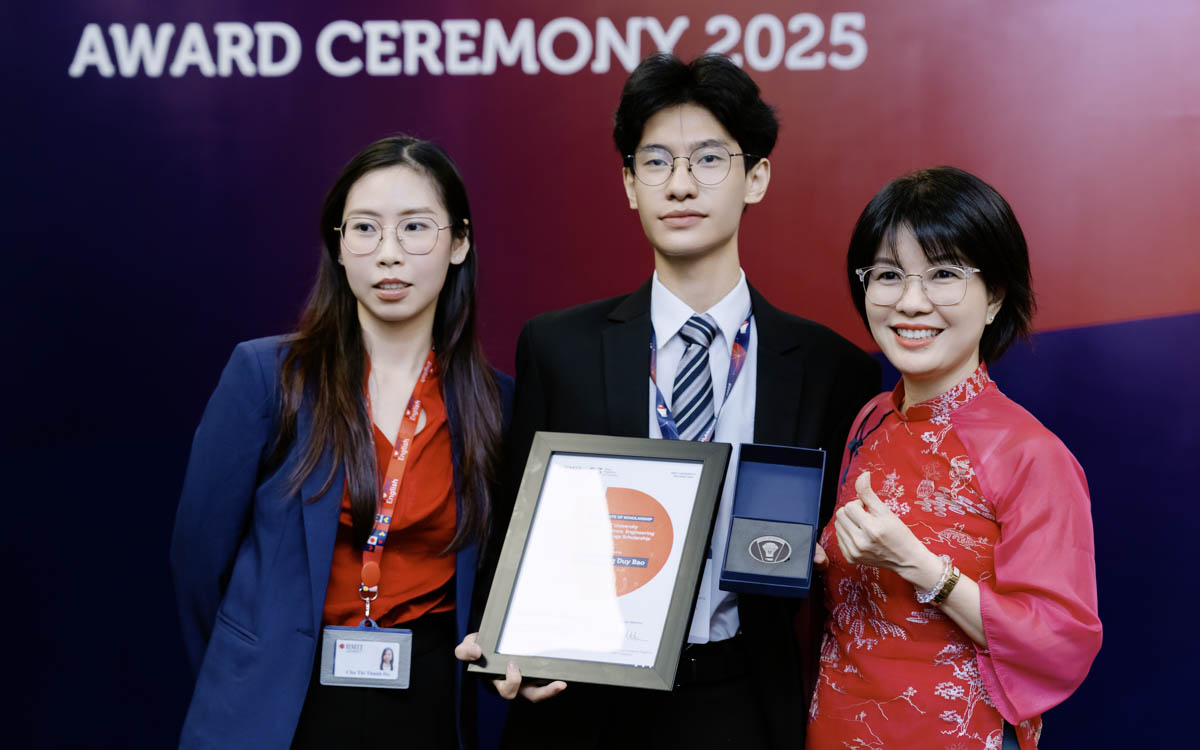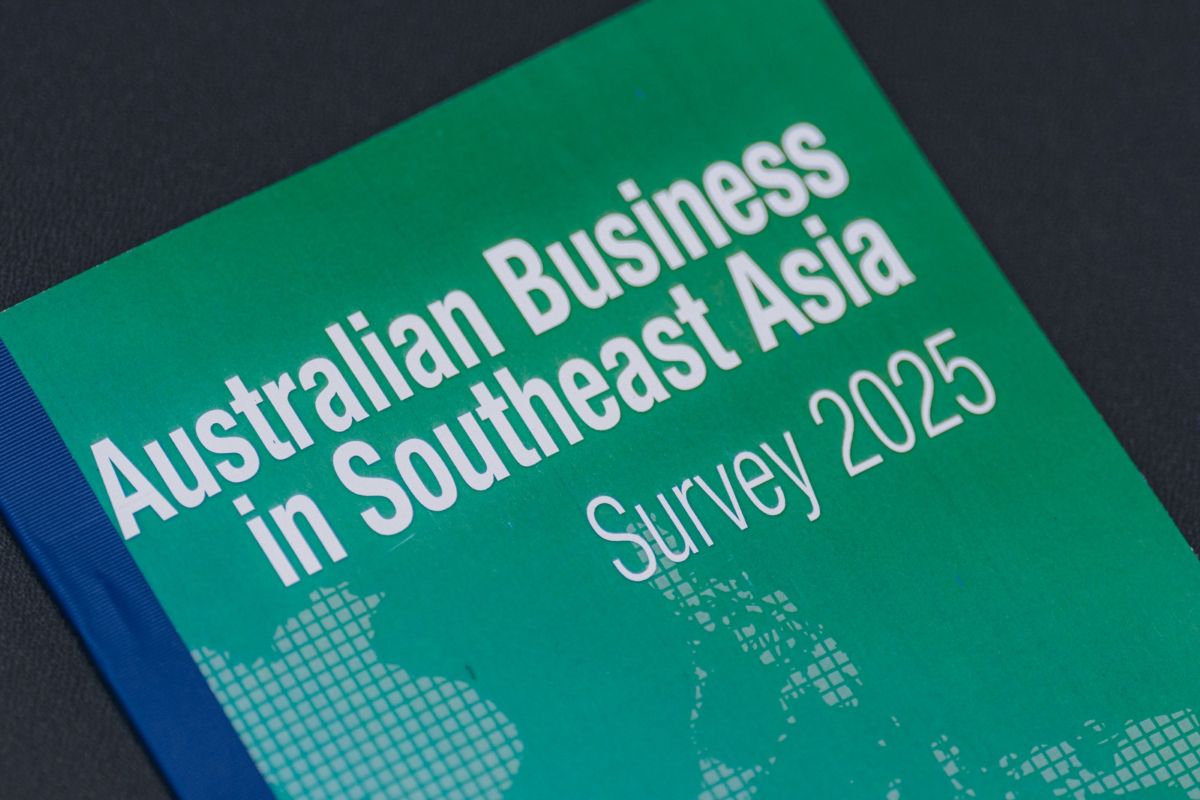RMIT and Vietrade sign MoU to boost Vietnam’s global competitiveness
Under the MoU, both parties will collaborate to enhance Vietnam’s enterprise competitiveness and national branding efforts in domestic and international markets.
Leadership capability at the heart of Vietnam’s SME growth agenda
A UN Women-RMIT partnership is helping advance leadership capability and support Vietnam’s SME development agenda.
RMIT Vietnam announces record 2026 scholarships worth more than 200 billion VND
RMIT Vietnam continues long-term commitment to talent development with its record 2026 Scholarship program worth more than 200 billion VND.
Vietnam is ASEAN’s leading expansion market for Australian businesses
According to the Australian Business in Southeast Asia Survey 2025, 61% of respondents consider Vietnam for future growth.

